The Undone House in Bumehen, Iran, conceived by architect Babak Abnar, stands as a testament to adaptive design amidst socio-economic challenges. In response to the worsening conditions in Iran, the decision to halt facade embellishments reflects a deeper resonance with the local architectural language.
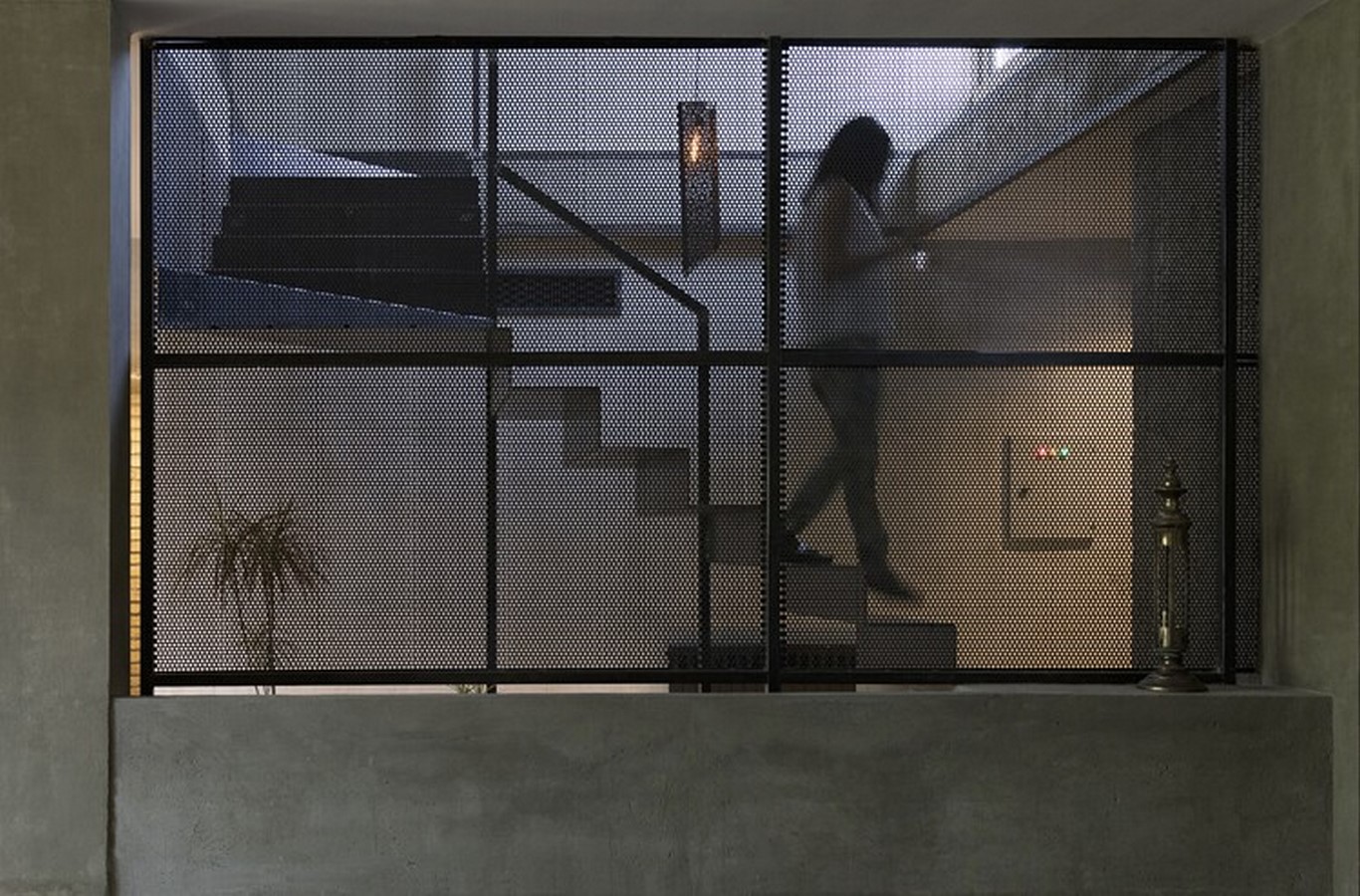
Sustainable Heritage
With an area spanning 478 m², the Undone House repurposes an existing structure erected by the client’s late father. By retaining three levels of the original construction, including previously unused spaces, the project honors familial legacy while minimizing environmental impact.
Functional Flexibility
Departing from conventional layouts, the remodeled house fosters a dynamic interplay of activities across its three floors. Designed to accommodate living, working, and recreational pursuits, the spatial arrangement prioritizes community engagement over traditional notions of privacy.
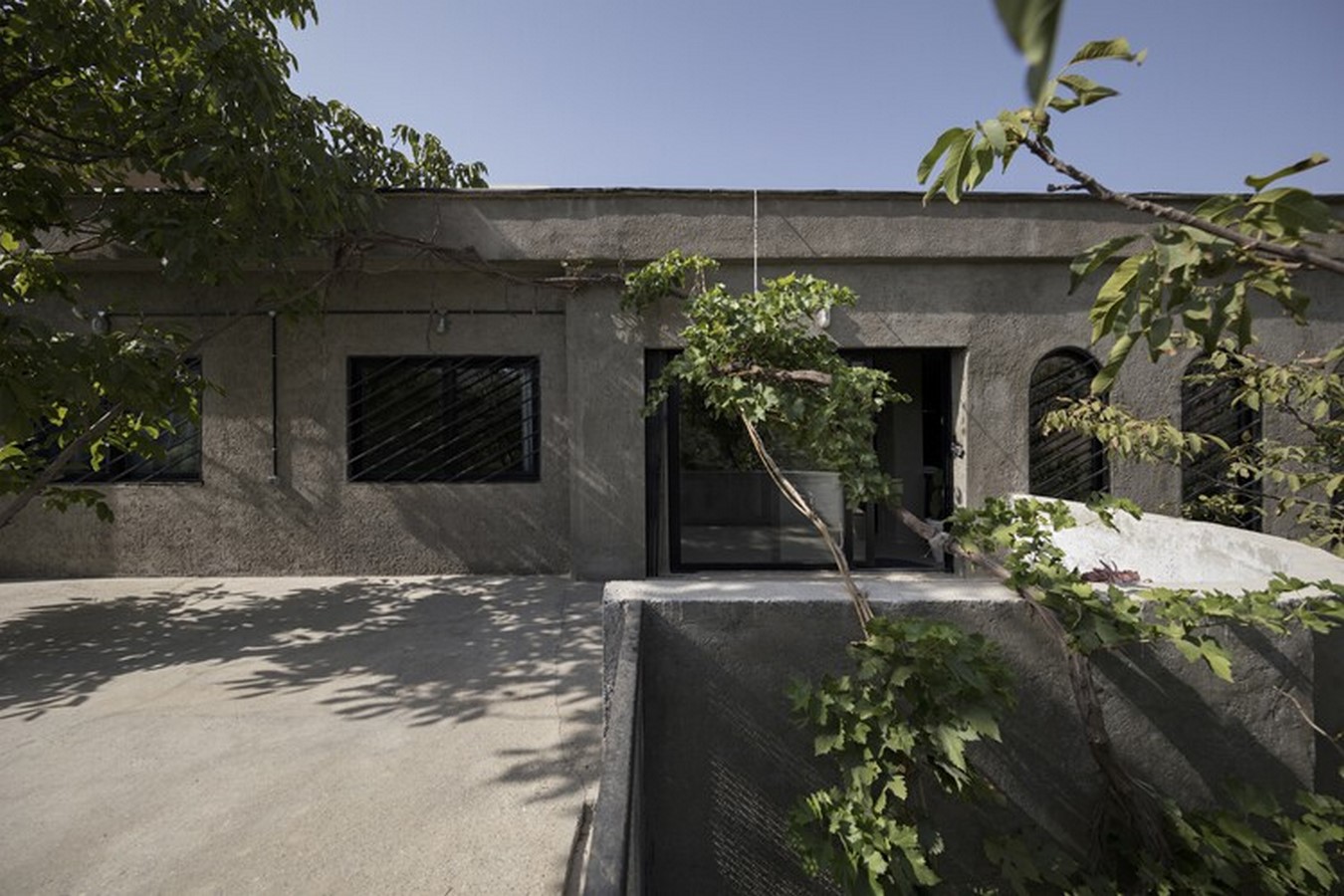
Innovative Adaptations
Navigating societal constraints, the house ingeniously conceals a dedicated dance space underground, shielded from public scrutiny. Meanwhile, the upper floor seamlessly integrates the office with private quarters, underscoring a harmonious blend of professional and domestic life.
Illuminating Design
Addressing issues of natural light deficiency, strategic interventions such as voids and semi-outdoor extensions enhance internal connectivity and illuminate the living spaces. A balcony overlooking the northern mountains offers a scenic retreat, complemented by the enveloping vine that promises to adorn the structure over time.
Contextual Harmony
Embedded within Bumehen’s architectural fabric, the Undone House harmonizes with its surroundings through its rugged exteriors and incremental construction approach. Yet, upon closer inspection, the delineation between public and private realms underscores the thoughtful curation of familial bonds within.
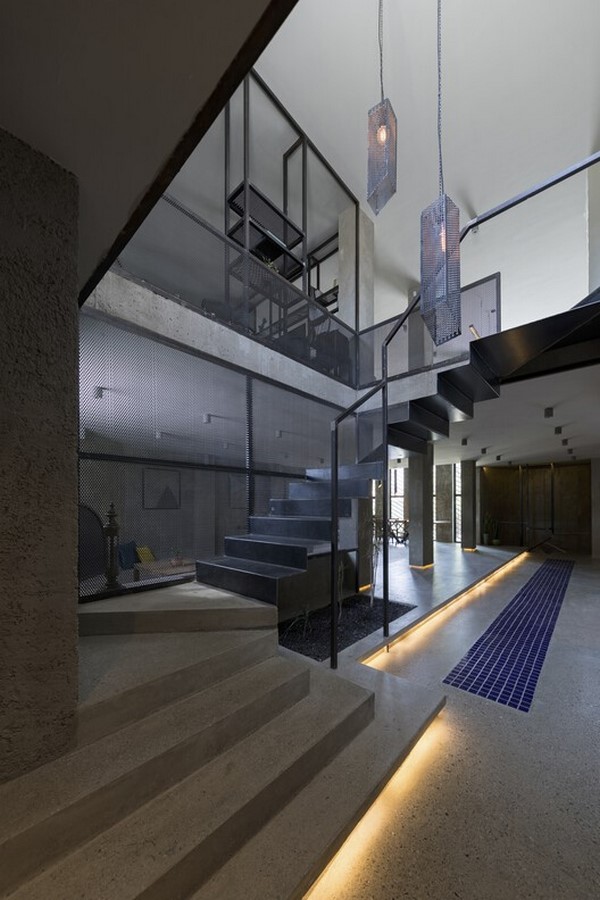
Conclusion
Undertaken amidst adversity, the Undone House emerges as a beacon of resilience, embodying the ethos of sustainability, adaptability, and community-centric design in the face of socio-economic challenges.

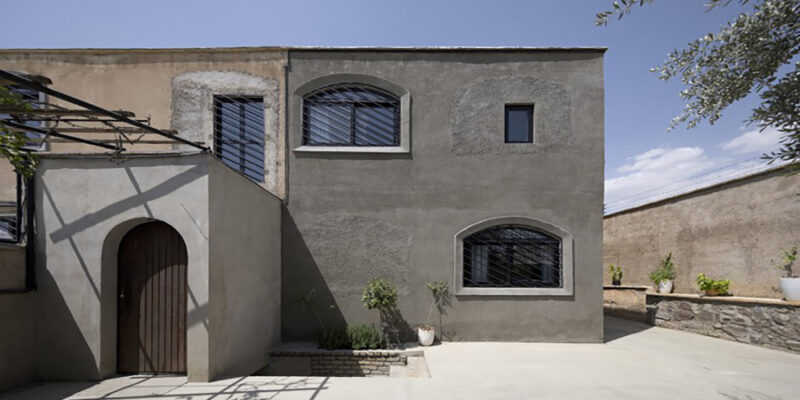
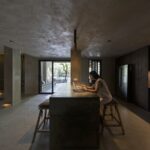
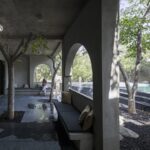
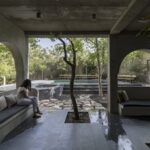
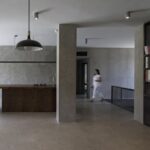
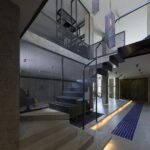
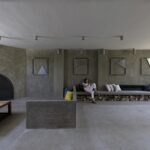
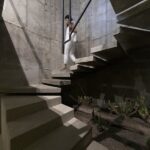
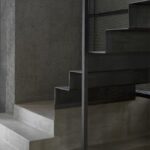
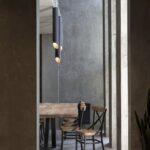
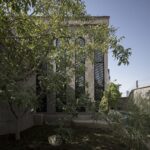
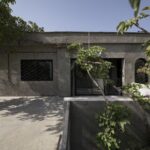
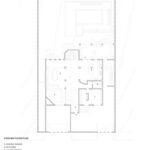
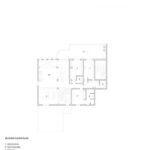
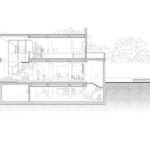
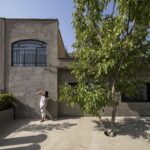
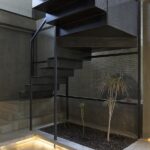
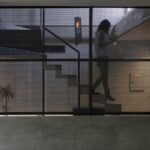
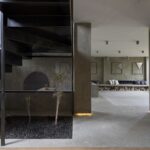
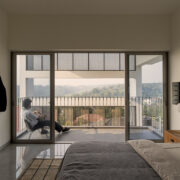
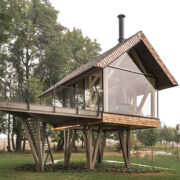
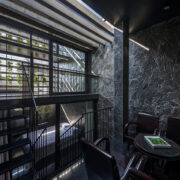
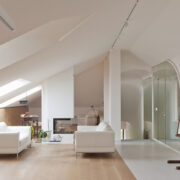
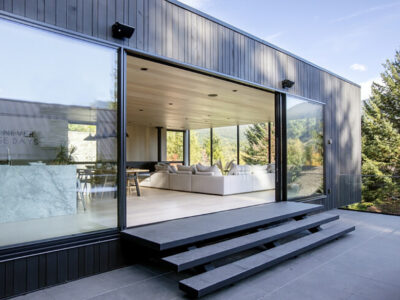
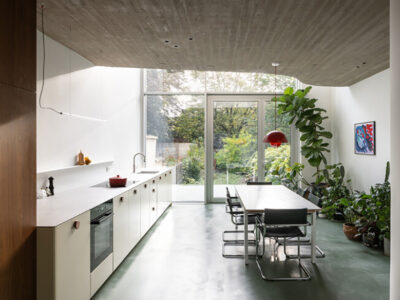
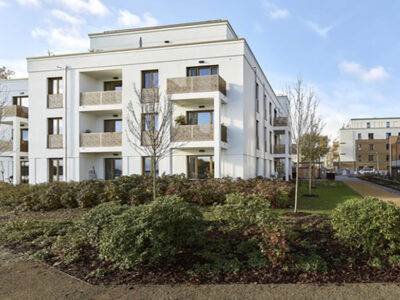
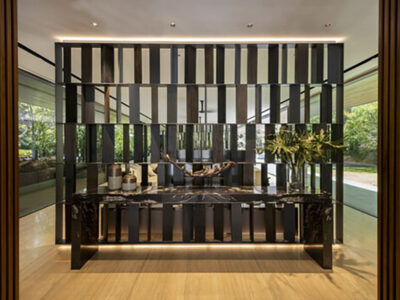
Comments